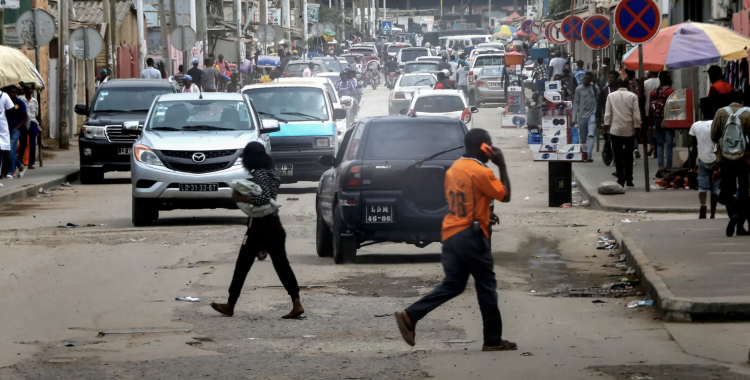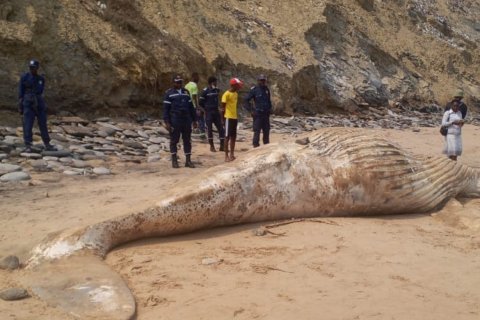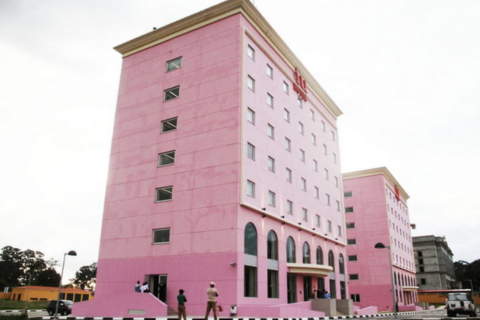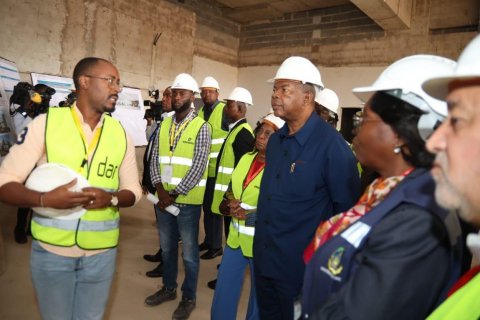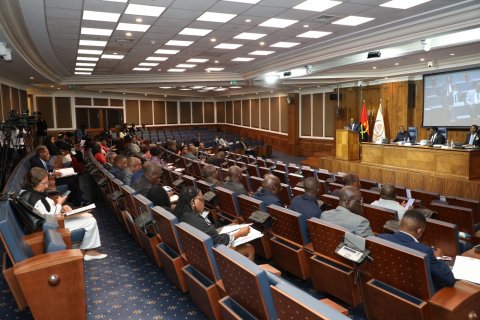On Friday, the Government held a public debate on the Implementation Reports of the African Charter on Human and Peoples' Rights, the Maputo Protocol and the Kampala Convention, an anticipatory dialogue with Angolan civil society, which also had the support of the United Nations Development Programme (UNDP).
In her opening speech, the Secretary of State for Social Action of the Ministry of Social Action, Family and Promotion of Women, Dina Kimaz, said that Angola is the second African country to comply with the African Commission's recommendation on the submission of reports.
In 2023, Angola presented the compiled report on the implementation of the African Charter on Human and Peoples' Rights, the Protocol on the Rights of Women in Africa (Maputo Protocol) and the African Convention on the Protection and Assistance of Internally Displaced Persons in Africa (Kampala Convention).
The minister stressed that Angola's reports "recognize the existence of challenges in the implementation of human rights and reiterates the total commitment and dedication to guarantee, respect and protect human rights voluntarily" in accordance with the country's context.
"I would like to reaffirm that we are open to dialogue and will continue to implement actions aimed at improving, promoting and protecting human rights", said Dina Kimaz.
In his speech, the representative of the Human Rights Monitoring Working Group (GTMDH), Guilherme das Neves, said that civil society is concerned about extrajudicial executions, summary proceedings, arbitrary detentions, land expropriations, repression of demonstrations and cases of corruption.
Regarding land expropriations, Guilherme das Neves said that they are often carried out under the guidance of the central government and with the complicity of local administrators, suggesting that the State should create a legal standard for granting land recognition titles.
Guilherme das Neves, the president of the Mãos Livres Association, stressed the need to create a specific body to respond to complaints about extrajudicial executions and arbitrary detentions, the accusations of which always fall on alleged agents of public order and security.
"The use of force by the National Police has resulted in deaths, there are specific cases, this is a reality", said Guilherme das Neves, recommending that "the Angolan State should investigate and punish all individuals and police and security force agents involved in extrajudicial executions".
The president of the Mãos Livres Association stated that it is also necessary to establish a national mechanism to prevent torture, to carry out regular, unannounced visits to all detention facilities, and also advocated the approval by the State of a rule that authorizes visits by parliamentarians or civil society to investigate complaints.
"Our suggestion is that the State should pass a law that creates an independent body with the authority to conduct rapid investigations. We need that. There are several investigations that are being opened but are not concluded," he said.
Other areas of concern include the right to housing and the State's monopoly on the media.
In his presentation, the representative of the Intersectoral Commission for the Preparation of National Human Rights Reports (CIERNDH), Adilson Almeida, said that in the latest reports Angola received 43 recommendations for improvements, some of which it has already implemented.
Adilson Almeida highlighted some advances in terms of human rights in Angola, stressing that, from 2018 to 2023, 759 peaceful demonstrations were held in the country, there was a significant growth in associations, rising from 495 in 2017 to 904 in 2022, and the opening of more than 450 processes, from 2017 to 2020, to hold security force agents accountable for improper and prohibited actions.

